巴菲特谈伯克希尔为什么转向资本密集型企业
![图片[1]_巴菲特谈伯克希尔为什么转向资本密集型企业_繁木网](http://fanmu.com/wp-content/uploads/2021/11/76863987656e.jpg)
Warren Buffett on Berkshire’s Shift to Capital-Intensive Businesses
A notable development in Berkshire Hathaway’s (NYSE:BRK.A)(NYSE:BRK.B) business and equity portfolio over the past several decades has been its transition away from low capital-intensive businesses into high capital-intensitive businesses such as railroads and utilities.
伯克希尔哈撒韦公司(NYSE:BRK.A)(NYSE:BRK.B)的业务和股票投资组合在过去几十年中的一个显著发展是从低资本密集型业务转变为高资本密集型业务,如铁路和公用事业。
One of Warren Buffett (Trades, Portfolio)’s most profitable investments of all time, in terms of return on invested capital, is See’s Candies. Over the years, this business has required less than $50 million worth of capital, but has thrown off more than $2 billion in profits.
就投资资本回报率而言,沃伦•巴菲特有史以来最赚钱的投资之一是“喜诗”。多年来,这项业务所需的资本不到5000万美元,但却带来了20多亿美元的利润。
Buffett has called these sorts of companies “wonderful businesses” because they don’t soak up capital and they throw off a lot of cash for their investors.
巴菲特称这类公司为“了不起的企业”,因为它们不消耗资本,为投资者带来大量现金。
This cash can then be redeployed into other investments without having to worry about capital spending requirements at the original business. For example, See’s does not have to upgrade its equipment every year as some commodity businesses must due to wear and tear.
然后,这些现金可以重新部署到其他投资中,而不必担心原始业务的资本支出要求。例如,See’s不必每年像有的行业那么定期对磨损的设备进行升级。
So why has Berkshire moved away from that sort of investment in recent decades, deploying tens of billions of dollars in companies like MidAmerican Energy and BNSF? The Oracle of Omaha explained this shift at the 2010 Berkshire Hathaway annual meeting of shareholders.
那么,为什么伯克希尔在最近几十年里放弃了这类投资,在中美能源(MidAmerican Energy)和BNSF等公司投入了数百亿美元呢?奥马哈先知在2010年伯克希尔哈撒韦年度股东大会上解释了这种转变。
Deploying lots of capital
大量资金的调配
The main problem Buffett has encountered over the past decade or so is Berkshire’s size. With $10 billion operating income in 2018, the group is awash with cash that it needs to invest.
巴菲特在过去十多年中遇到的主要问题是伯克希尔的规模。该集团2018年的营业收入为100亿美元,拥有大量需要投资的现金。
Unfortunately, as Buffett explained nine years ago, “The world is not set up so that you can reinvest tens of billions of dollars, and many, many tens over time, and get huge returns. It just doesn’t happen.”
不幸的是,正如巴菲特9年前所解释的那样,“随着时间的推移,全是世界不会有很多投资数百亿美元的机会,,并获得巨大的回报,只有投资几十或很多几十美元的机会。”
The company tries to acquire any fantastic businesses it finds trading at attractive prices, but putting all of the money that the group generates every year into these sorts of companies in an intelligent way is becoming harder and harder as the conglomerate continues to grow.
该公司试图以有吸引力的价格收购任何其认为出色的业务,但随着该集团的持续增长,以一种明智的方式将该集团每年产生的所有资金投入此类公司正变得越来越困难。
According to Buffett, Berkshire has turned to capital intensive businesses as a direct result:
巴菲特认为,伯克希尔已经直接转向资本密集型企业:
“The world is not set up so that you can reinvest tens of billions of dollars, and many, many tens over time, and get huge returns. It just doesn’t happen. And we try to spell that out as carefully as we can so that the shareholders will understand our limitations.
“随着时间的推移,全是世界不会有很多投资数百亿美元的机会,,并获得巨大的回报,只有投资几十或很多几十美元的机会。。我们会尽可能仔细地说明这一点,以便股东了解我们的局限性。
Now, you could say, ‘Well, then aren’t you better off paying it out?’ We’re not better off paying it out as long as we can translate, as you mentioned, the discounted value of future cash generation. If we can translate it into a little something more than a dollar of present value, we’ll keep looking for ways to do that. In our judgment, we did that with BNSF, but the scorecard will be written on that in 10 or 20 years. We did it with MidAmerican Energy.
现在,你可以说,“那么,你是不是最好还是把钱分红?”只要我们能把你提到的未来现金产生的贴现价值转换出来,我们就不会把现金拿来分红。如果我们能把它转换成一美元以上的现值,我们会继续寻找方法。根据我们的判断,我们是用BNSF做的,但记分卡将在10年或20年后写在上面。我们是用中美能源做的。
We went into a business, very capital intensive, and so far, we’ve done very well, in terms of compounding equity. But it can’t be a Coca-Cola, in terms of a basic business where you really don’t need very much capital, if any, hardly. And you can keep growing the business if you’re lucky, if you’ve got a growing business.
我们进入了一个非常资本密集型的行业,到目前为止,我们在复利权益方面做得非常好。但它不可能是可口可乐,就业务本身而言,你真的不需要太多资本,如果有的话,几乎不需要。如果你幸运的话,如果你的生意越来越大,你可以继续发展。
See’s is not a growing business. It’s a wonderful business, but it doesn’t translate itself around the world like something like Coca-Cola would.”
喜诗是一个成长中的行业。这是一项了不起的业务,但它并不像可口可乐那样在全球范围内推广自己。”
Luckily, the average investor does not have the same problem. Nevertheless, we can learn a lot from Buffett’s thoughts here. Every investor should be trying to deploy capital into wonderful businesses at attractive prices intelligently.
幸运的是,普通投资者没有同样的问题。不过,我们可以从巴菲特的想法中学到很多东西。每一个投资者都应该明智地将资本以有吸引力的价格配置到优秀的企业中。
If these opportunities don’t exist, then you can either sit on the sidelines or find other opportunities that could offer a lower rate of return, as long as the investment’s value can grow over time.
如果这些机会不存在,那么你可以袖手旁观,或者寻找其他可能提供较低回报率的机会,只要投资的价值能够随着时间的推移而增长。


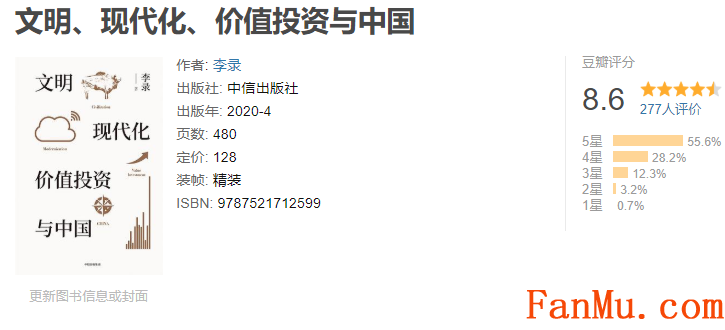
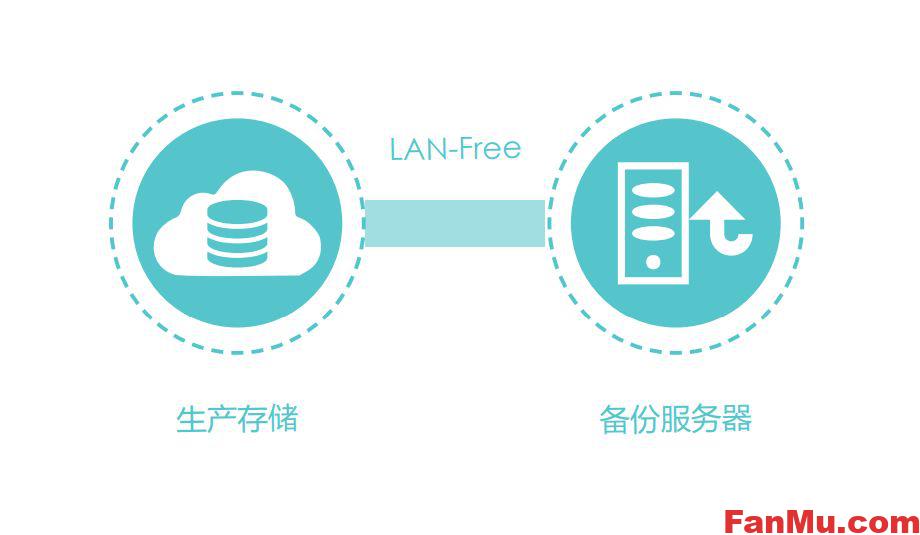
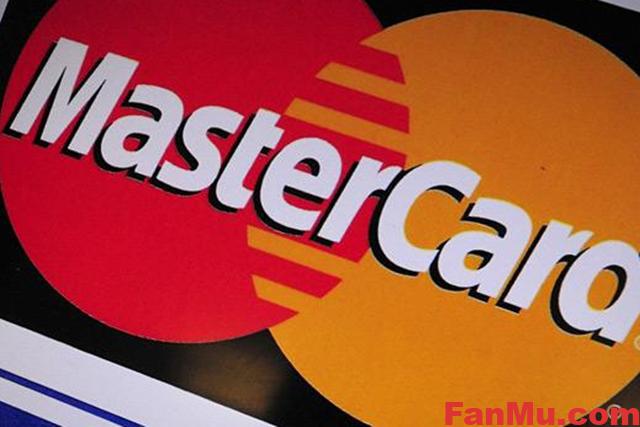
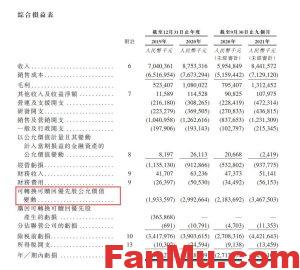
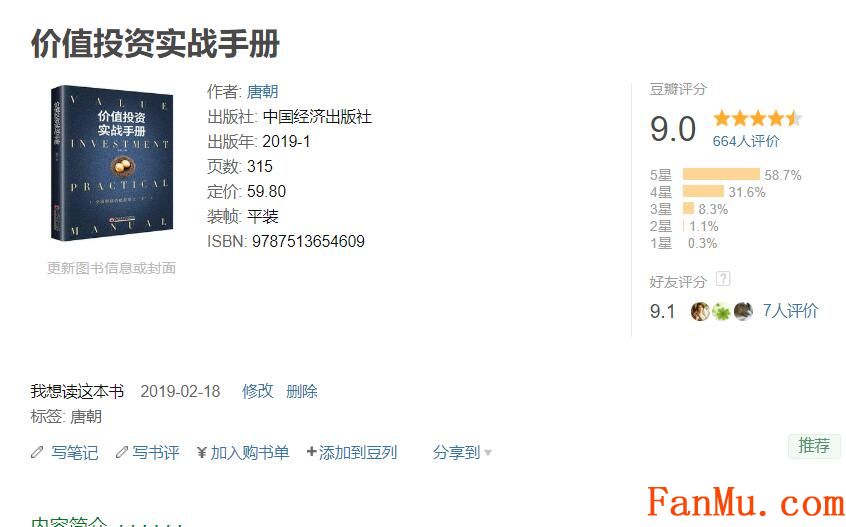
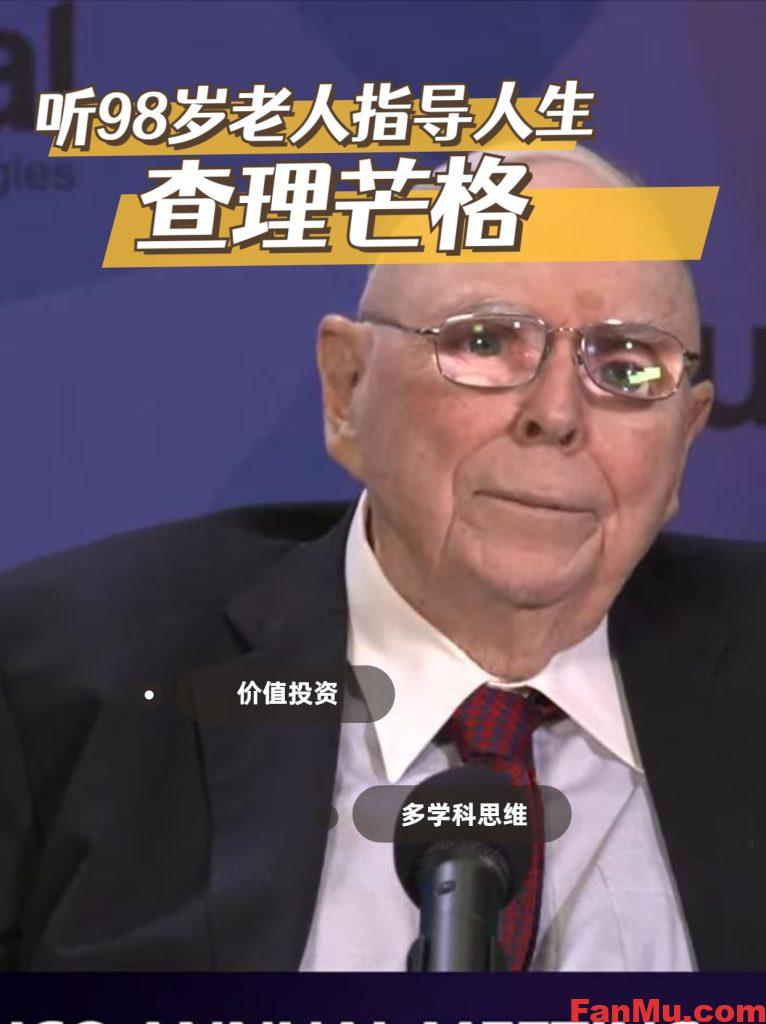

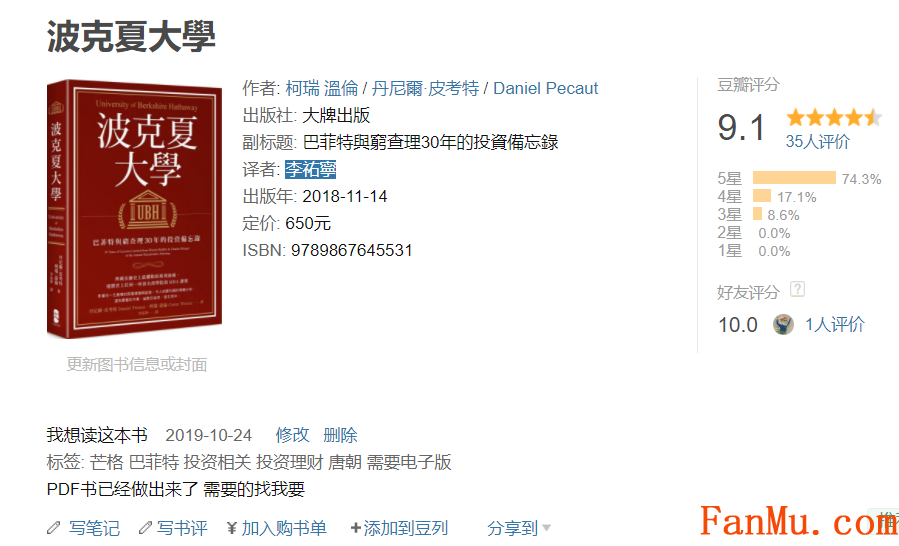
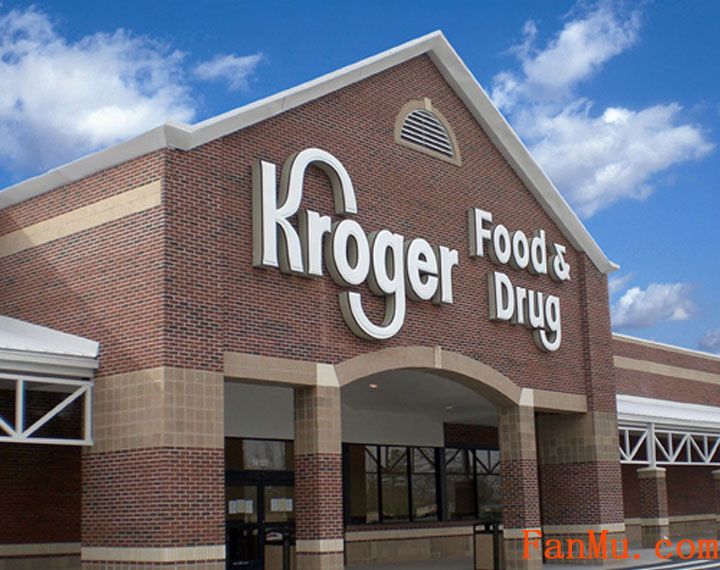
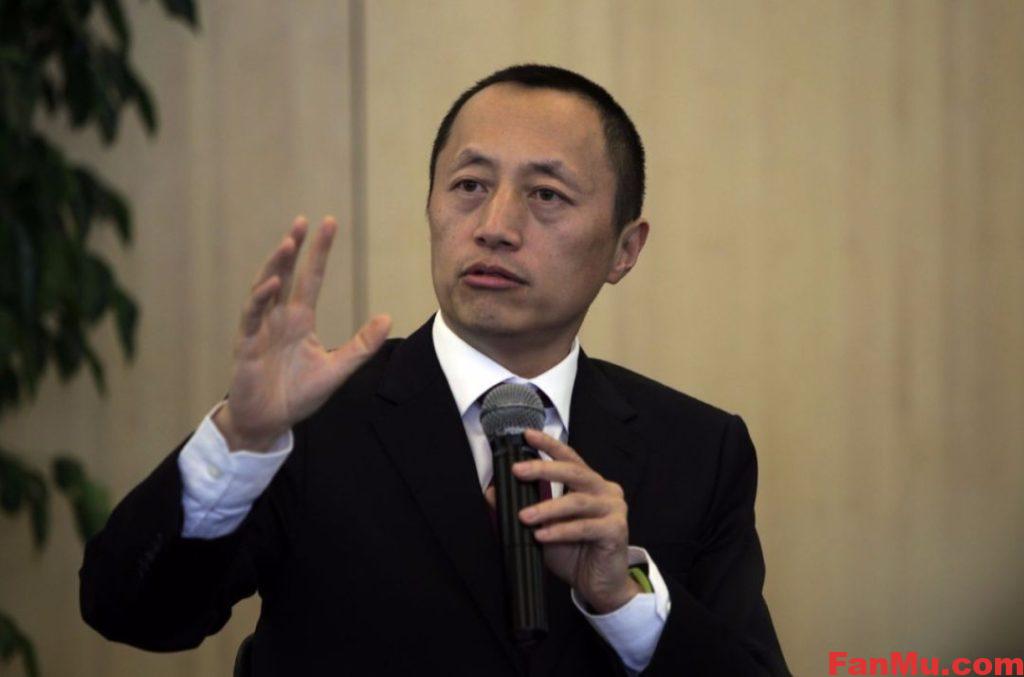
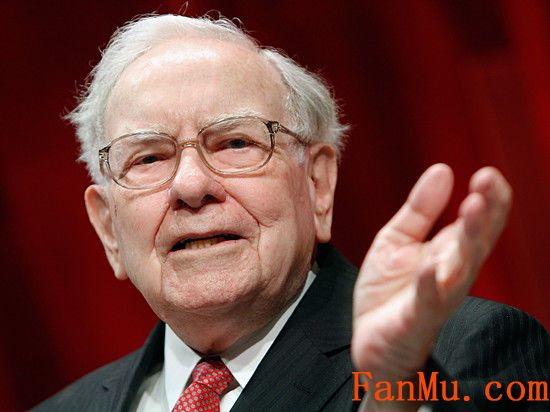

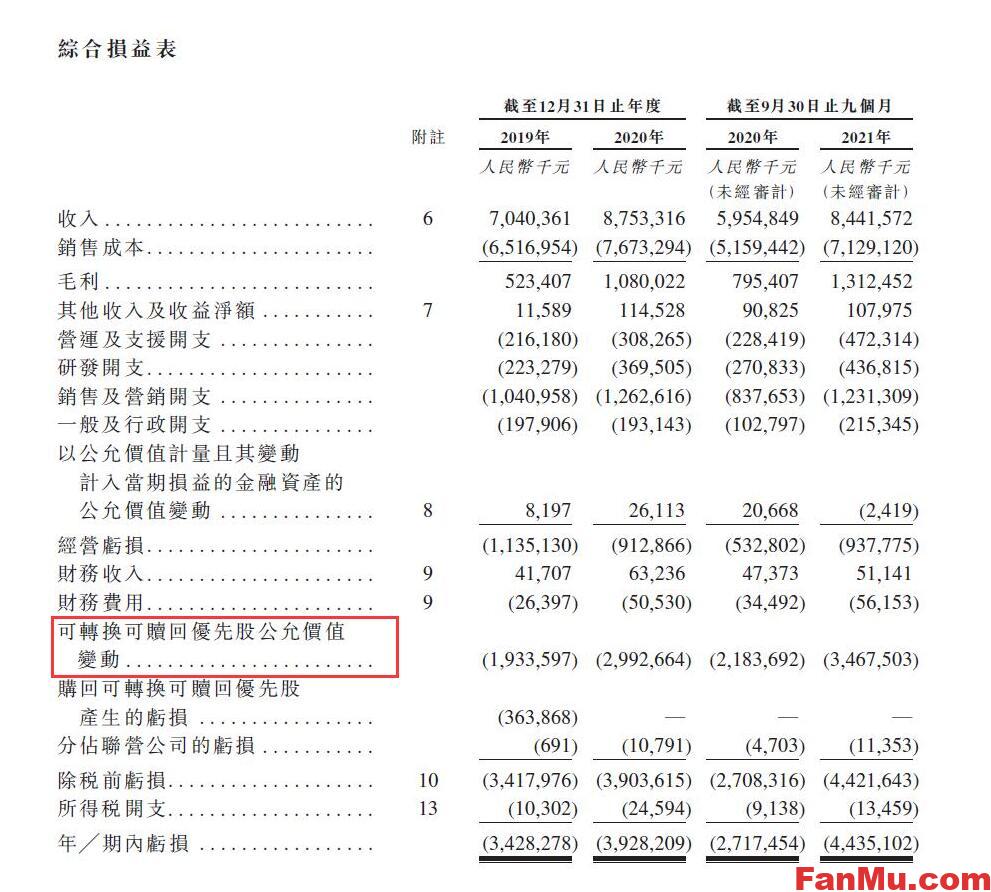


暂无评论内容